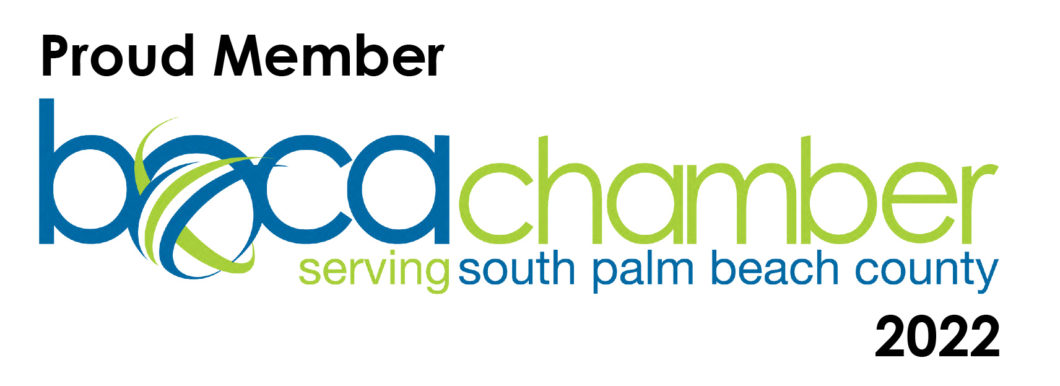When a business relationship breaks down, the fallout can reach far beyond the parties involved. Whether it’s a fractured partnership, a broken contract, or a shareholder disagreement, the question isn’t just what went wrong — it’s how do we move forward? For Florida businesses, especially those in Palm Beach County, choosing the right path to resolution can protect your bottom line and preserve critical business relationships. The three most common approaches? Litigation, arbitration, and mediation.
At Lubliner Law, we guide business owners and executives through every stage of dispute resolution, tailoring legal strategies to fit the nature of the conflict, your goals, and the resources at stake. In this article, we unpack the key differences between these dispute resolution methods and help you determine which is best suited to your situation.
Litigation: The Traditional Route Through the Courts
Litigation remains the most formal and structured method of resolving business disputes. When parties pursue litigation, they are entering the public court system, where the rules are governed by state or federal law. It often involves extensive discovery, formal pleadings, motion practice, and, if necessary, trial.
While litigation offers enforceable judgments and the right to appeal, it can be both time-consuming and costly. Cases can stretch for months or even years, particularly if complex legal issues are involved. Still, for high-stakes conflicts where legal precedent, public record, or aggressive enforcement is required, litigation is often the strongest option.
Arbitration: A Private, Binding Alternative
In recent decades, arbitration has become increasingly common, especially in commercial contracts. If you’ve ever signed an agreement with an arbitration clause, you’re likely already familiar with the concept. Arbitration is a private dispute resolution process where a neutral arbitrator — or panel — renders a binding decision after hearing both sides.
Compared to litigation, arbitration usually moves faster and allows the parties to select arbitrators with industry-specific expertise. However, the trade-off is limited appeal rights. Once a decision is made, it’s very difficult to overturn — even in the face of errors. Arbitration is also less transparent, which may be an advantage or disadvantage depending on the context.
Mediation: Cooperative, Confidential, and Often Overlooked
Mediation takes a different approach. Rather than presenting arguments before a judge or arbitrator, both parties work with a neutral mediator to reach a mutually agreeable resolution. It’s informal, non-binding unless an agreement is signed, and generally much faster and less expensive than either arbitration or litigation.
Businesses that value preserving relationships or avoiding bad publicity often start with mediation. The mediator facilitates conversation, helps clarify misunderstandings, and guides both sides toward common ground. Of course, mediation only works when both parties are willing to participate in good faith. If one side is combative or disinterested in compromise, the process can stall, sending everyone back to square one.
A Strategic Comparison: Time, Cost, and Control
To make an informed decision, it’s helpful to step back and look at the big picture. Litigation offers control through the legal system, but at a premium in both cost and time. Arbitration strikes a balance: private and generally faster, but with less opportunity for challenge. Mediation is the most collaborative and cost-effective, but also the least certain unless parties reach a formal agreement.
Comparing Timeframes, Costs, and Outcomes
Here’s a side-by-side comparison of all three legal paths:
| Resolution Method | Timeline | Cost | Confidentiality | Enforceability |
|---|---|---|---|---|
| Litigation | 6–24+ months | High | No (public) | Court-enforced |
| Arbitration | 3–9 months | Medium–High | Yes (private) | Legally binding |
| Mediation | Days–weeks | Low | Yes (private) | Only if agreement is signed |
Every dispute is different. A multimillion-dollar breach of contract case may require the structure and finality of litigation. A partnership disagreement might benefit from the nuance and privacy of arbitration. And two companies with ongoing business ties may find mediation the most productive path forward.
Choosing the Right Path with Lubliner Law
Our approach at Lubliner Law is rooted in strategy, not just process. We don’t simply file motions or walk into hearings — we work closely with you to understand the scope of the dispute, your business objectives, and the legal options that best align with both.
Whether you’re considering a proactive move to resolve a dispute or reacting to a legal challenge from another party, we can help you weigh the pros and cons of each resolution method. We assist in enforcing contract clauses, navigating arbitration panels, negotiating favorable settlements, and litigating aggressively when needed.
Your business deserves strong, experienced legal advocacy. Let’s protect what you’ve built.
Call us today or request a consultation to get started.

 Litigation vs. Arbitration vs. Mediation:
Litigation vs. Arbitration vs. Mediation: 



